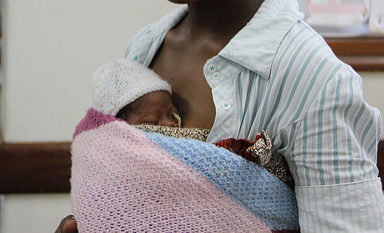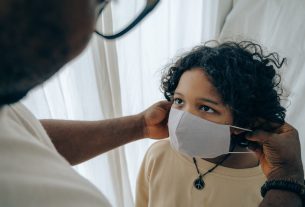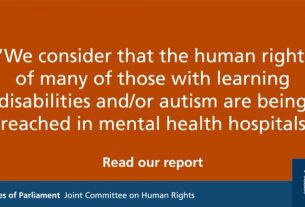Fertility treatment is being denied to couples by the NHS in parts of England in direct contravention of national guidelines, according to a campaign group.
Grounds for refusal include the man being too old or overweight, one of the partners having a child from a previous relationship or the woman’s hormones not being at a certain level.
Campaign group Fertility Fairness obtained data from 195 NHS Clinical Commissioning Groups (CCGs) in England.
They found the criteria that many applied ignored or distorted guidelines for approving IVF treatment laid down by the National Institute for Health and Care Excellence (NICE).
Criteria leading to rejection for IVF treatment that is not contained in national guidelines included:
- The man’s body mass index (BMI) was used as grounds for refusal by 27 per cent of CCGs.
- If one partner already has a child, IVF treatment is refused by 90 per cent of CCGs.
- If the man is aged 55 or over, treatment is declined by eight per cent of CCGs.
- Almost 90 per cent of CCGs refuse to provide the three full IVF cycles recommended as giving couples the best chance of conception.
- IVF treatment on the NHS has been withdrawn entirely by 3.6 per cent of CCGs.
Nice guidelines advise that men with a BMI or 30 or more should be warned that they have a greater risk of reduced fertility but it is not cited as a reason to refuse treatment.
The guidelines also say that couples should be advised that both male and female fertility decline with age to varying degrees.
Fertility services have been cut back at 30 CCGs since 2016 and the study found that ten per cent of all CCGs are considering more cuts or withdrawing the service.
Gynaecologist Raj Mathur, a Fertility Fairness committee member, said neither the age of the man or his weight had an adverse effect of IVF success rates.
He also criticised the 25 per cent of CCGs that stipilate a woman’s anti-Müllerian hormone (AMH) level and/or antral follicle count (AFC) should be at a specific level.
AMH is Doctors can investigate the number of eggs a woman has by measuring AMH – a hormone secreted by cells in developing egg sacs – in her blood.
They can also count the number of egg-containing follicles, known as her AFC, using a vaginal ultrasound scan.
Mr Mathur said: “AMH and antral follicle count are in the Nice guidelines as predictors of ovarian response, not as predictors of the chance of having a baby through IVF.
“Commissioners are making unjustified extrapolation in using them for rationing.”
Fertility Fairness co-chair Aileen Feeney, who is also chief executive of the charity Fertility Network UK, said: “Infertility is a devastating disease, causing depression, suicidal feelings, relationship breakdown and social isolation.
“Removing the recommended clinical help or making it harder to access is cruel and economically short-sighted.”




